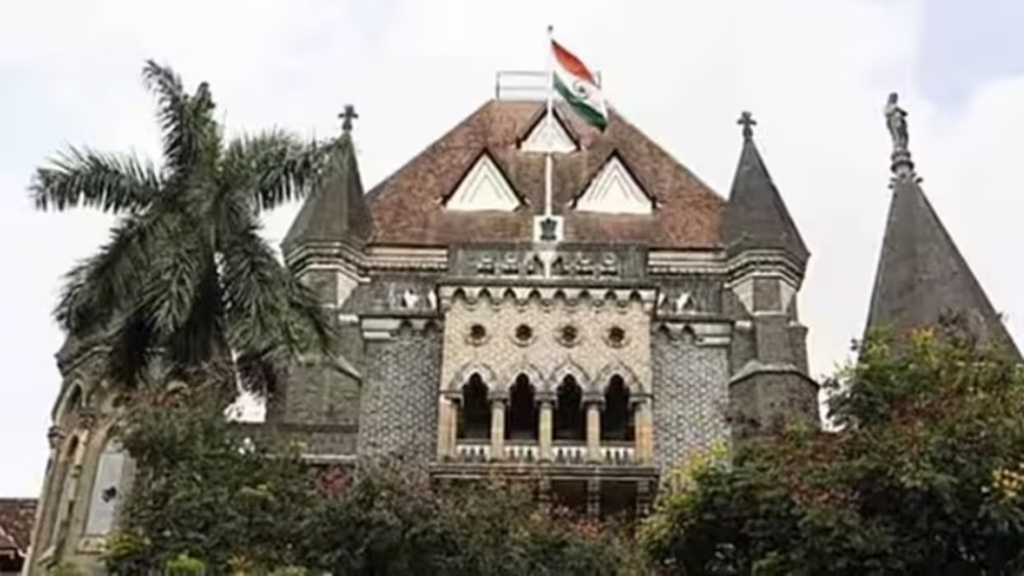State says HC misread evidence, ignored confessions of key accused

New Delhi, July 23, 2025
The Supreme Court will hear Maharashtra’s urgent appeal on Thursday. The state is challenging the Bombay High Court’s decision to acquit 12 accused in the 2006 Mumbai train blasts. The Bombay High Court delivered the controversial verdict just a day earlier. The government argued that the High Court focused on “trivialities” and ignored valid confessions and evidence. Solicitor General Tushar Mehta flagged the issue’s national importance before a bench led by Chief Justice D.Y. Chandrachud.
The government is challenging the acquittal of 12 individuals—five sentenced to death and seven to life imprisonment by the trial court. The 2006 Mumbai train bombings killed 187 people and injured over 800, marking one of India’s worst terror attacks. In its appeal, the state says the Bombay High Court wrongly rejected confessions recorded under the Maharashtra Control of Organised Crime Act (MCOCA). The plea also claims the court failed to consider the broader legal and national implications of its ruling.
After Solicitor General Tushar Mehta informed the court that some acquitted men had already left prison, CJI Chandrachud agreed to schedule an early hearing. Senior state counsel Rajkumar Bhaskar Thakare filed the petition, alongside the SG. CJI Chandrachud remarked that the matter deserved urgent listing given the nature of the offence and the stakes involved.
The Maharashtra government argued that the High Court’s judgment lacked judicial consistency and undermined the integrity of the investigative process. The petition highlights the destruction of key evidence, including mobile call data records (CDRs), during the trial. It says this undermined the case. The High Court questioned the ATS’s credibility, noting that the prosecution did not establish where the accused were when they obtained the CDRs.
This appeal has reopened debate on how Indian courts handle terror cases and whether technicalities should override material evidence. The judgment from Bombay HC noted that ATS failed to establish a credible link between the accused and the locations of the explosions. However, the state contends that the ATS’s broader case and witness testimonies were enough to support conviction under anti-terror laws. Legal experts note that the outcome of the Supreme Court hearing could have serious ramifications on future terror cases and prosecution strategy under MCOCA. This includes the admissibility of confessions and the burden of proving electronic data integrity.
Source
